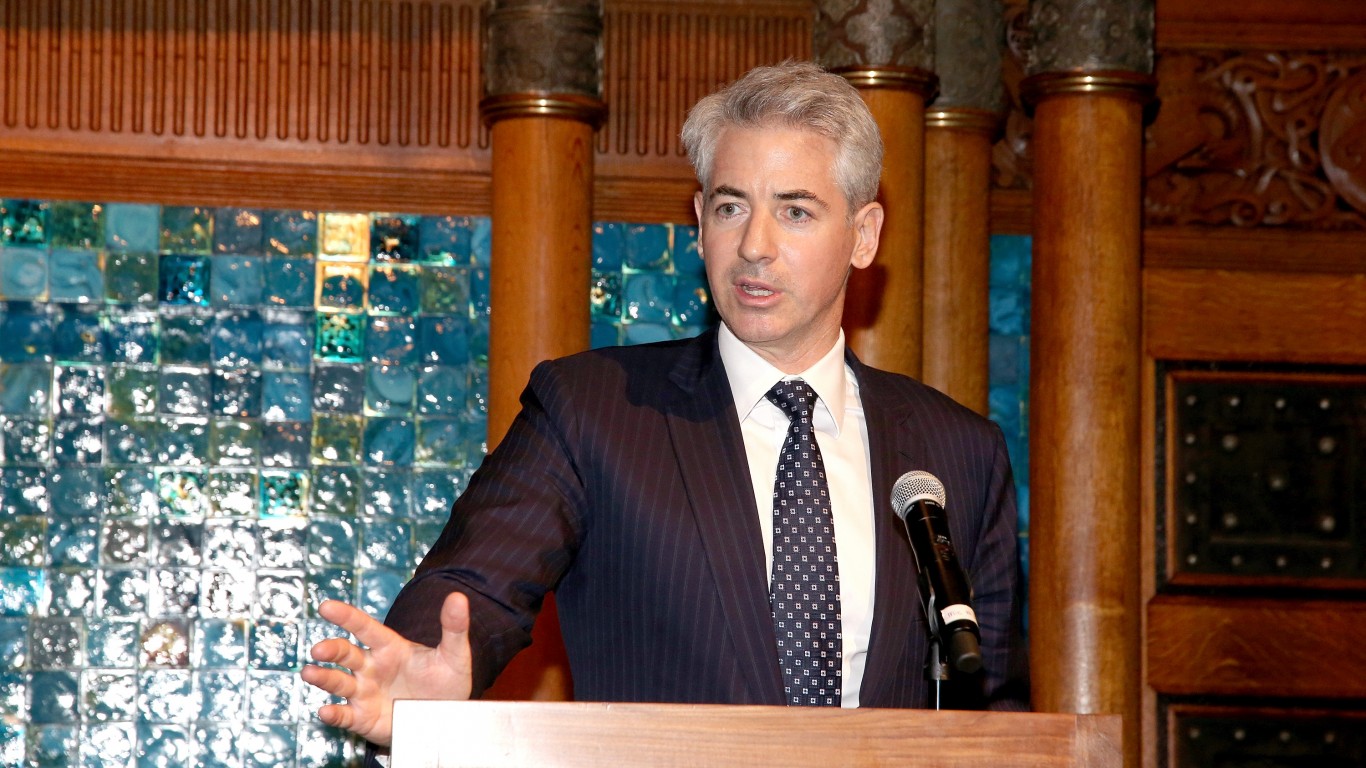
The U.S. Securities and Exchange Commission (SEC) announced fraud charges against American Growth Funding, a Manhattan-based lending company, and its owner is accused of repeatedly lying to investors purchasing high-yield securities. The SEC also charged the brokerage firm that acted as the placement agent and two of its executives.
In the complaint, the SEC alleges that American Growth Funding, and Ralph Johnson in particular, promised investors 12% annual returns and falsely claimed its financial statements were being audited each year.
American Growth Funding, which raises capital from investors to provide loans to businesses, also made misrepresentations in offering documents about its management and concealed details about deteriorating loan values that could imperil full payment of the promised returns to investors.
Andrew M. Calamari, director of the SEC’s New York Regional Office, commented:
We allege that AGF II misled investors and overstated the true value of these investments, which are worth far less than presented because many of the company’s loans are non-performing. We further allege that Allen and Wasserman looked the other way and allowed PAA to facilitate the fraud as the placement agent.
According to the SEC:
In a private placement offering, AGF II raised approximately $8.6 million from investors from March 2011 to December 2013.- The company represented in offering documents that its financial statements had been audited and would continue to be audited each fiscal year. Johnson knew this statement was false. No audit of AGF II’s financials occurred until 2014.
- The offering documents represented that AGF II was governed by a Board of Managers comprised of Johnson and two other individuals when, in fact, the two individuals never agreed to serve in any managerial capacity.
- Johnson caused AGF II to send out monthly account statements to investors that concealed the precariousness of its business. The company failed to disclose that it could not have possibly paid investors their stated account balances because the majority of AGF II’s loans were likely uncollectible at the time.
- While PAA acted as the placement agent, Allen became aware by no later than June 2012 that AGF II’s offering documents were not accurate. But he continued using them to solicit investors without informing them the financial statements were unaudited.
- Allen informed Wasserman that AGF II’s offering documents contained false information, but Wasserman took no action and the firm’s brokers continued using misleading documents to solicit investors.
Take Charge of Your Retirement: Find the Right Financial Advisor For You in Minutes (Sponsor)
Retirement planning doesn’t have to feel overwhelming. The key is finding professional guidance—and we’ve made it easier than ever for you to connect with the right financial advisor for your unique needs.
Here’s how it works:
1️ Answer a Few Simple Questions
Tell us a bit about your goals and preferences—it only takes a few minutes!
2️ Get Your Top Advisor Matches
This tool matches you with qualified advisors who specialize in helping people like you achieve financial success.
3️ Choose Your Best Fit
Review their profiles, schedule an introductory meeting, and select the advisor who feels right for you.
Why wait? Start building the retirement you’ve always dreamed of. Click here to get started today!
Thank you for reading! Have some feedback for us?
Contact the 24/7 Wall St. editorial team.





